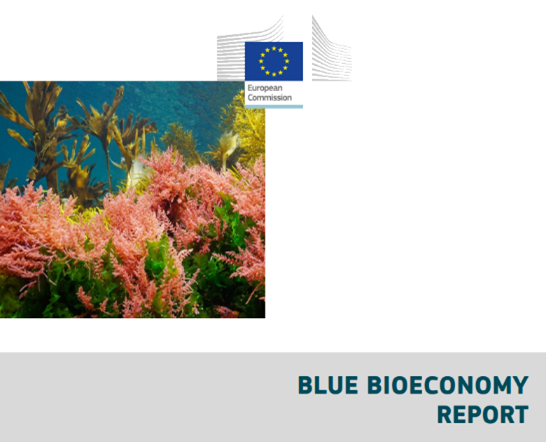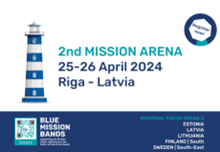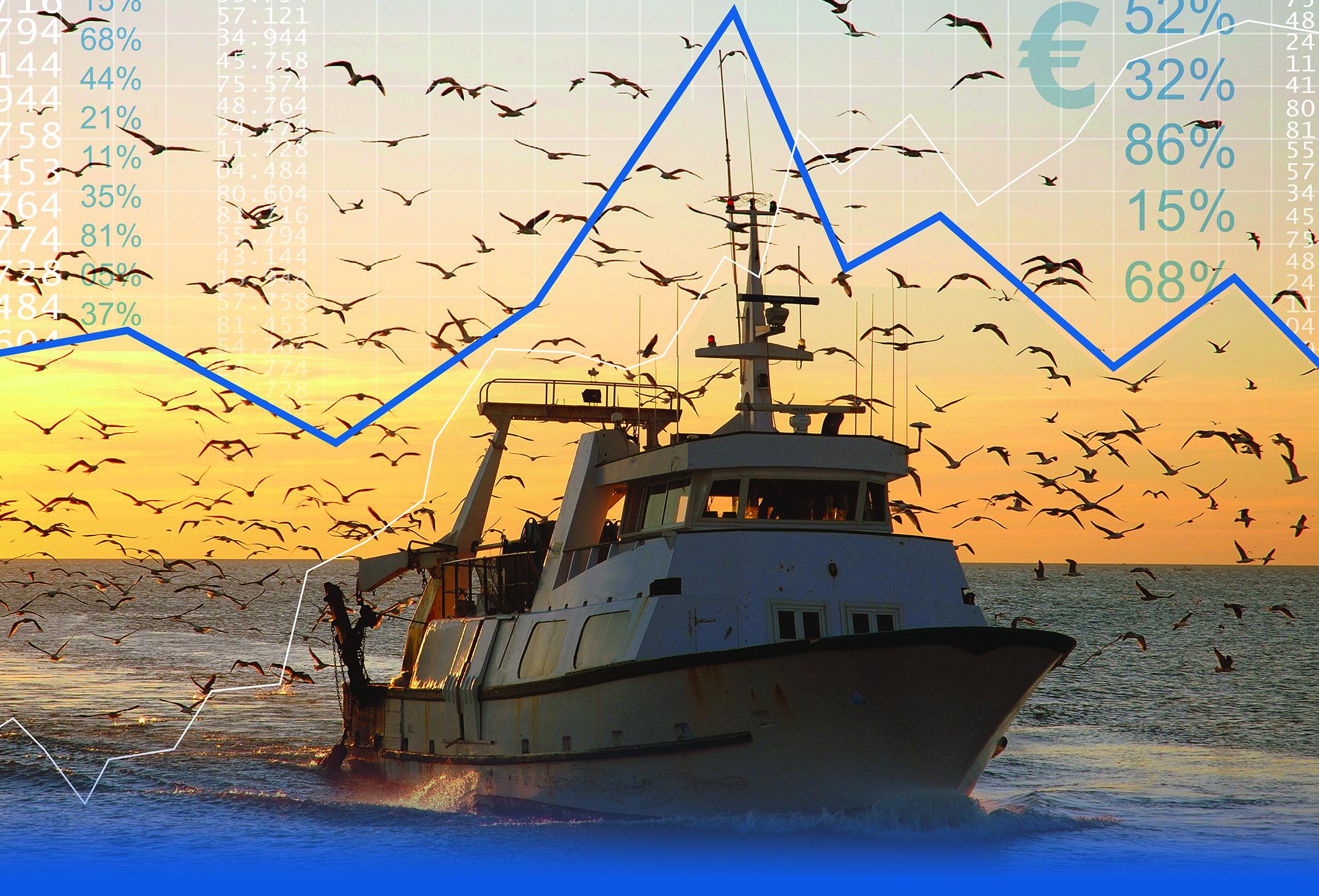News
EUMOFA Use Case - LHEI
The following use case provides some relevant applications of EUMOFA data. It aims to highlight the added value derived from the use of figures available in the EUMOFA database for analysing market dynamics, making business decisions, and developing policies.
- Category: Latvian Institute of Aquatic Ecology (LIAE)
- Website of the organisation: https://lhei.lv/
Navigating the Blue Bioeconomy: The Significance of EUMOFA's Reports in Scientific Research
 Latvian Institute of Aquatic Ecology is an agency of Daugavpils University and an internationally competitive scientific institute conducting academic and applied research in 5 major areas: aquatic ecology, focusing on seasonal dynamics of plankton and benthic organisms, impact of non-indigenous species on natural ecosystems, distribution and impact of pollutants, e.g. microplastics, and development of spatial planning potential for biodiversity conservation.
Latvian Institute of Aquatic Ecology is an agency of Daugavpils University and an internationally competitive scientific institute conducting academic and applied research in 5 major areas: aquatic ecology, focusing on seasonal dynamics of plankton and benthic organisms, impact of non-indigenous species on natural ecosystems, distribution and impact of pollutants, e.g. microplastics, and development of spatial planning potential for biodiversity conservation.
LIAE also participates in international research groups that foster cooperation with other countries in the Baltic Sea region and the European Union. This provides an opportunity to coordinate work on improving the state of the marine environment.
Leveraging Bioeconomy Reports for Sustainable Research: Latvian Institute of Aquatic Ecology Approach.
 |
Researchers at the LIAE are at the forefront of exploring the vast potential of the Blue Economy, relying on information gathered from EUMOFA reports Blue Bioeconomy and Organic Aquaculture in the EU. The Blue Bioeconomy Report, particularly from 2023 and 2020 editions , serves as a cornerstone for their research, offering a comprehensive and up-to-date collection on the status of the blue bioeconomy.The primary reason for the researcher's reliance on these reports lies in its unparalleled coverage and its emphasis on emerging subjects with significant potential. One such intriguing case study highlighted in the report delves into holopelagic blooms in the Atlantic region. |
|
Photo 1. Cover of Blue Bioeconomy report 2023 |
What makes the Bioeconomy reports invaluable to the researcher's line of work are several key aspects. Firstly, the wide geographical coverage provides a global perspective on the experiences and status of the blue bioeconomy. Secondly, the analysis of advantages and disadvantages associated with various topics offers a nuanced understanding of the challenges and opportunities within the sector. An illuminating example is the chapter authored by Antoine Erwes and Nicolas Erwes, titled "How Seaweed can Transform regional economies” , providing insights into the status of the Algal Production Industry in Europe.
Notably, the LIAE doesn't merely read and absorb this information but actively applies it in their studies. Materials from the EUMOFA Bioeconomy reports and Organic Aquaculture in the EU 2022 , are integral in developing LIAE studies, including those commissioned by the European Commission (EC). The EUMOFA reports are relevant also for national purposes, i.e. when applying for research grants of the Latvian Council of Science. Also last year, the institute delivered a presentation titled "Marine Bioeconomy" to the working group of the Parliament of Latvia, drawing extensively from EUMOFA materials.
 |
The institute is also deeply involved in innovative Mission Ocean projects such as Blue Mission BANOS and Algae ProBANOS . Under the scope of Blue Mission BANOS , the institute has developed a report, yet to be published, with references to EUMOFA. In 2024, 2nd Mission Arena will take place in Riga, the capital of Latvia. Similarly, in the new project Algae ProBANOS, EUMOFA reports are anticipated to be crucial for successful project implementation. |
|
Photo 2. Poster of Blue Mission Banos event in Riga, 2024 |
| To stay abreast of the latest developments in the Bioeconomy sector, the researchers from LIAE regularly check the EUMOFA webpage and the EC Maritime Forum, a platform for Maritime Policy Stakeholders, as they consistently post new publications related to the blue bioeconomy. This proactive approach ensures that the LIAE remains at the forefront of sustainable research and continues to contribute meaningfully to the field. |  |
| Photo 3. Algae ProBanos project logo |
